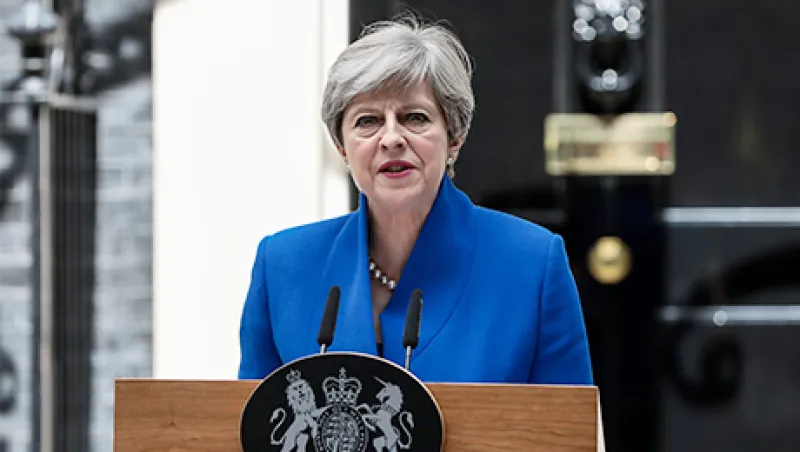
Oh Snap! Funds Look for Softer Brexit in U.K. Election Turmoil
After the governing Conservative party lost its parliamentary majority, asset managers say a swift and total exit from the European Union is less likely.
Joe McGrath
June 9, 2017



